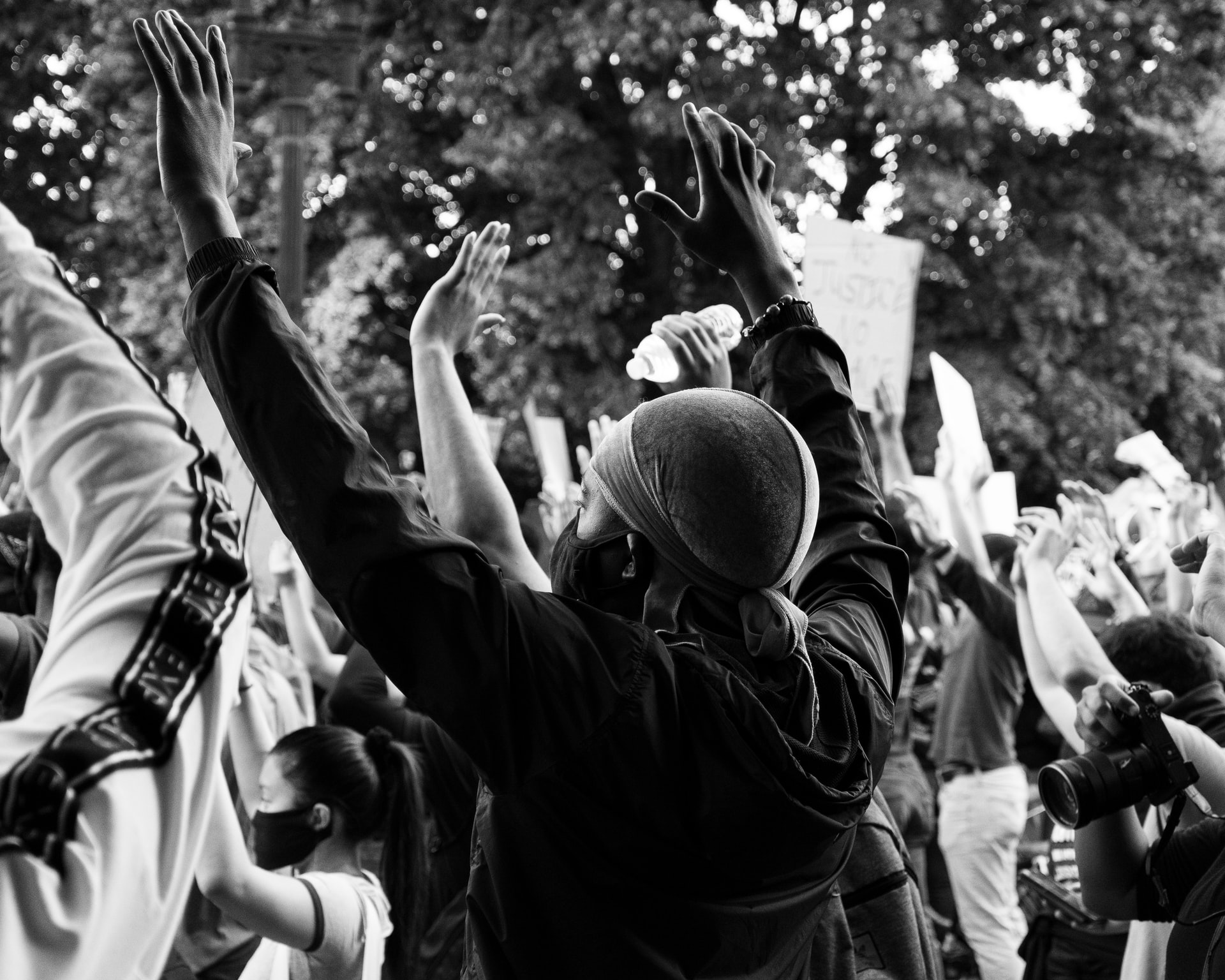Juneteenth – the nineteenth of June, eighteen sixty-five…the day that slaves in Texas were finally freed…well, except for those who weren’t…sigh. Some had to work through one more harvest season because their masters demanded it (didn’t share the news with them). This was two and a half years after Lincoln’s Emancipation Proclamation…a day of celebration and rejoicing, but also grief and mourning because of the long, unjust delay.
In June of two-thousand fifteen, on Juneteenth, my father relocated to heaven. I celebrate the good that he modeled, passed down to me (and others) and the good that now lives on through the lives he touched. I mourn the deep, inexplicable loss. I cannot begin to accurately express the depth of pain, disappointment, anger and disbelief that this transition brought.
In June of two-thousand eighteen, five days before my father’s relocation anniversary, my father-in-law joined my father. I was so upset, not just at the loss, but the timing as well. After my father relocated, I made a trip to see my in-laws and when I hugged them, I said, I have one less parent now. My father-in-law hugged me tighter when I said that. Compounded grief.
I don’t know why many have only asked how my husband was/is after the loss. I am the “in-law” but that doesn’t lessen the pain. I grieve as well. Considering the current physical (Covid-19) and sociological/racial pandemic we are in, are we grieving with ALL who grieve (even if it seems we haven’t directly been affected)? Are we asking (and answering) difficult questions…of ourselves? Answering may take some time (maybe more than we expect) and answering may yield more questions. Answering may entail sitting with grieving others.
An African American friend shared an analogy with me; I’ve taken creative liberty and expanded it. Visualize a married couple. One has been physically, verbally and/or mentally abusing the other, but no one in society really knows. Some suspect it, some dismiss it, some wonder but don’t want to get “too deep” in it. Suddenly, one day, the truth is exposed. An article is written, a video is released. Some believe it, some still doubt it, some stand with the abuser, some want to know the full story of the abused before deciding on support. That is an attempt to express how some African Americans feel.
Now more than ever, the hidden has come to light…again! While some of us are assessing and analyzing and blaming or just getting annoyed, the abused continues to bleed out…in front of us, in broad daylight. Earlier this year, I heard Tracie Ellis Ross say, “Many epitome moments are met with grief and tears”. This could be that moment for us…as a people.
Grieve however best helps your heart. Good grief? I believe grief is good because when we fully allow ourselves to grieve all that we’ve lost (and continue to lose), we become free to embrace change. Change that is deep-rooted, heart-level and promotes healing such as: a willing/open heart, a listening ear, a shoulder to lean and cry on, a small/brave step, anything that ignites and fuels empathy, love and unity…so we can be the change that transforms individuals, families and communities.
Common Day Hero: We are childhood friends and yet, growing up, I had NO idea how different life was for you, simply because you are part of that beautiful mahogany tribe! I AM so grateful for your abundantly giving heart, your love for all and your resilience. LaRethia, I dedicate this post to you!


